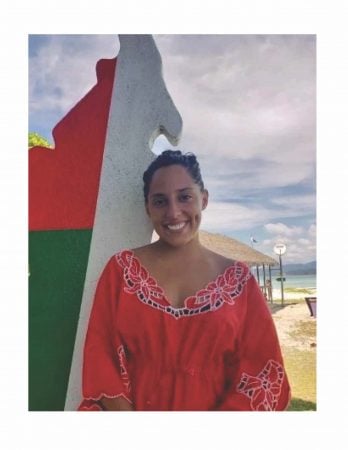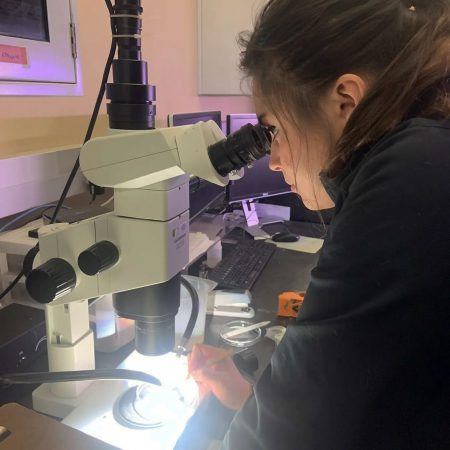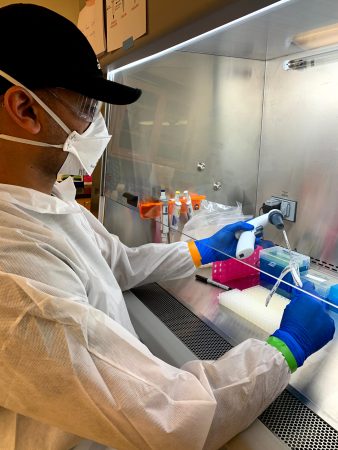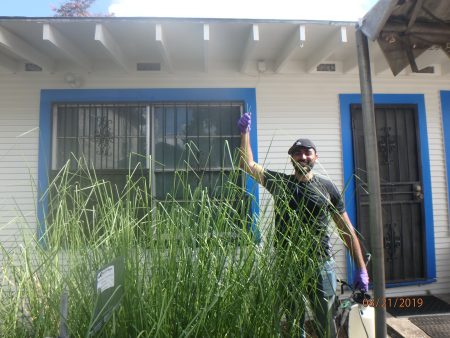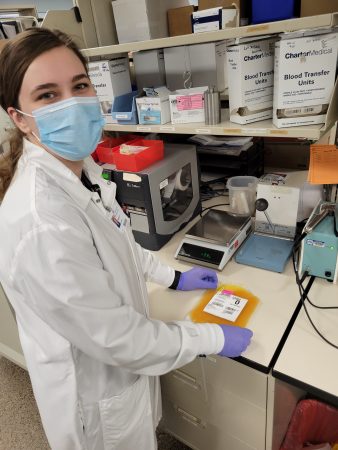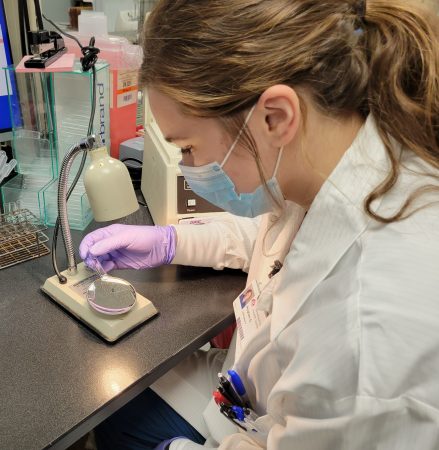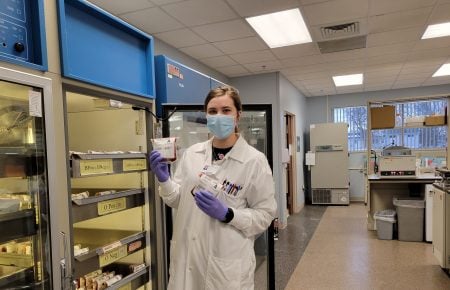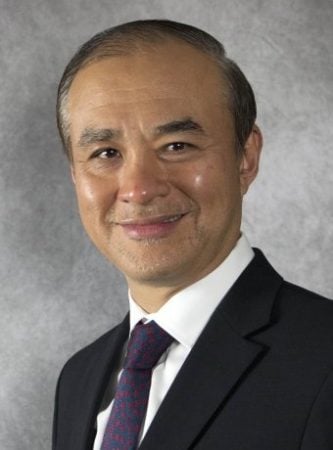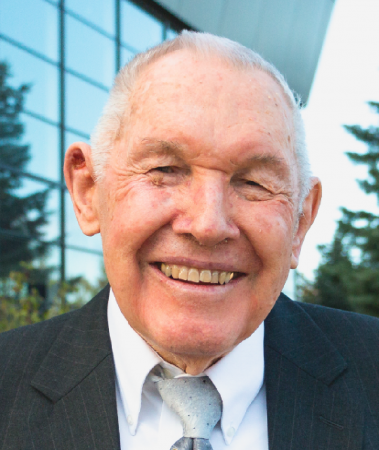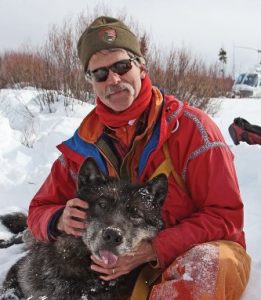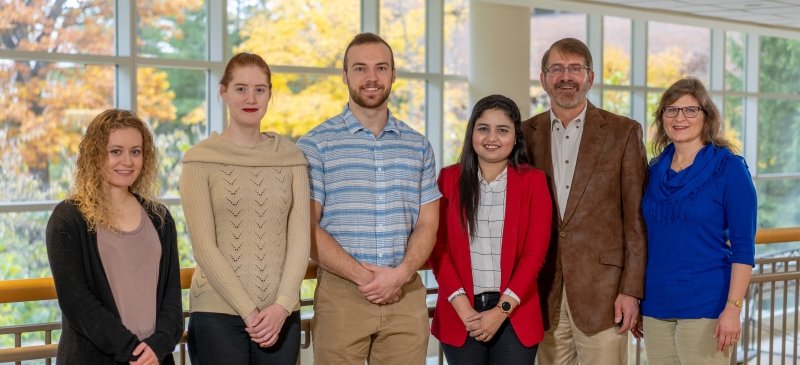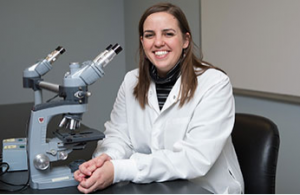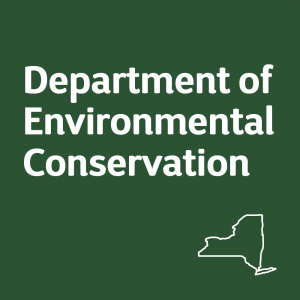The Office of Alumni Engagement has announced the recipients being honored with the 2024 Alumni Awards. Amongst the award recipients is Biological Sciences’ alumni, Danna Kasom. Kasom has earned the 2024 Humanitarian Alumni Award, which recognizes volunteer leadership or service that has enriched or improved the lives of others and the welfare of humanity, and whose accomplishments bring honor to their Alma Mater.
Danna graduated from Michigan Tech’s Biological Sciences program, magna cum laude, in 2014 and now holds a position as a health science specialist at the Department of Veteran Affairs. Before her current position, Kasom had a variety of job experiences, including coaching youth soccer teams for nonprofit organizations, Detroit PAL and DC Scores, writing articles for Girls Soccer Network, and serving on the Detroit Lions Volunteer Energy Team. Danna has served in the Peace Corps and AmeriCorps, where she found a passion for identifying patterns across several human experiences.
These extraordinary alumni will be honored at the 2024 Alumni Awards Ceremony, which will take place during Reunion Weekend on Aug. 2.
Learn more about each award and recipient.
About the Biological Sciences Department
Biological scientists at Michigan Technological University help students apply academic concepts to real-world issues: improving healthcare, conserving biodiversity, advancing agriculture, and unlocking the secrets of evolution and genetics. The Biological Sciences Department offers seven undergraduate degrees and three graduate degrees. Supercharge your biology skills to meet the demands of a technology-driven society at a flagship public research university powered by science, technology, engineering, and math. Graduate with the theoretical knowledge and practical experience needed to solve real-world problems and succeed in academia, research, and tomorrow’s high-tech business landscape.
Questions? Contact us at biology@mtu.edu. Follow us on Facebook and Instagram for the latest happenings.
